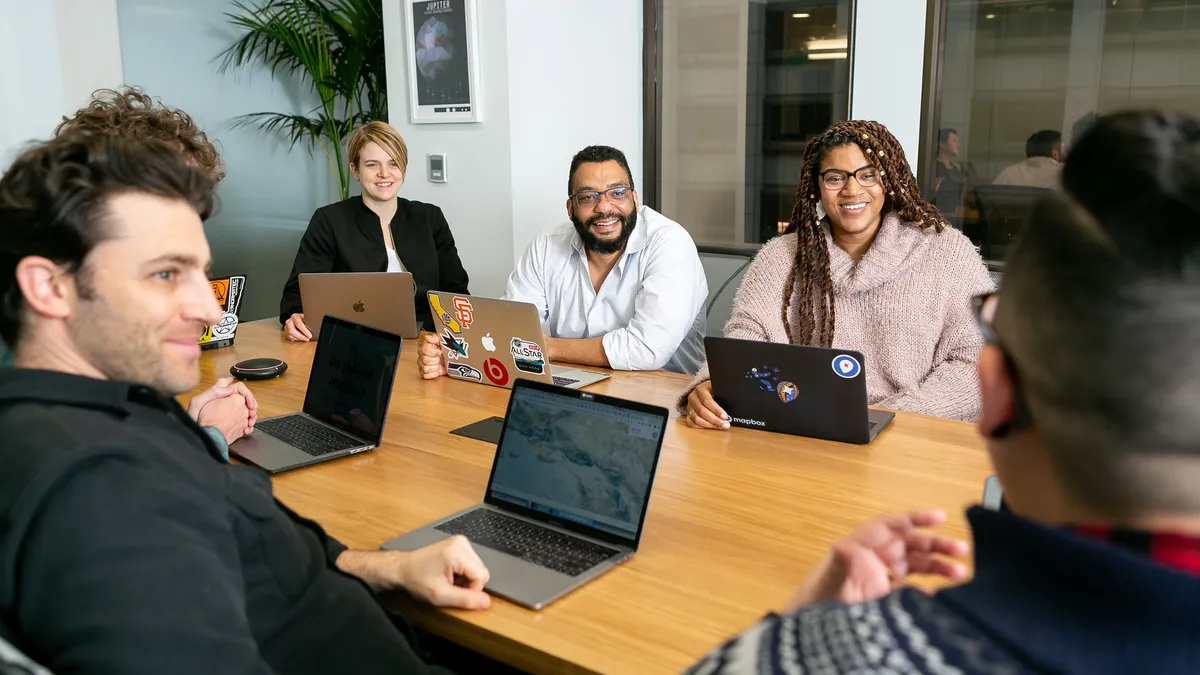Tech startups have a good chance of attracting venture funding if they can show their business model is geared to the new normal that will characterize the post-COVID-19 economy, long-time Silicon Valley funder Keith Rabois said in a SaaStr virtual conference.
Most startups attracting funding today are those that were well into the process of raising capital before shutdowns ensued, Rabois said. Struggling companies only now trying to raise capital face a much tougher time.
"The reality is, very few new deals are getting done," said Rabois, general partner of Founders Fund, which is sitting on $3 billion in capital to invest. "There are a handful of businesses that just look amazing on paper, and if they look amazing on Excel spreadsheets, these deals are possible."
Startups that can show they're well-positioned to leverage what are expected to be permanent trends once COVID goes away, trends like telehealth, online learning, and ecommerce, are good funding candidates. "These companies are very fundable right now," he said. "Post March 16 [when stay-at-home mandates started] just amplifies that."
Uneven economic impact
The economic crisis triggered by the pandemic is very different from the Great Depression, Rabois said, in part because some economic sectors have continued doing well, and many people — not counting hard-hit restaurant, retail and other workers — remain flush with money.
"People have a lot of disposable income at the moment, in part because they're not spending it on things they normally would," he said. "Typically, a normal American goes out to eat a number of times a week. That's expensive. They take a certain number of Ubers. That's expensive. They're not doing any of those things, so they're actually effectively saving money, [and can] spend it in other places."
The stock market is doing well, too, in contrast to the decimated small- and mid-sized Main Street businesses.
There are two possible explanations for continuing high stock valuations, Rabois believes. One, investors recognize COVID-19 hasn't changed the long-term prospects of many tech companies. And two, because interest rates and the discount rate are effectively negligible, valuations are being held constant despite the pandemic. "If you hold everything constant and change your discount rate and reduce it by a meaningful amount, you're going to get" the high stock valuations we’re seeing, he said.
Another difference with the Great Depression is the assistance the government has provided to laid-off and furloughed workers. Although temporary, it has softened the blow and helped many workers muddle through.
"The Great Depression was a true 25% unemployment, with no consumer spending," he said.
Attracting investors
Rabois said he prefers to be the first investor into seed-stage startups. He likes to invest small amounts — $3 million or so — before coming in later with larger amounts after benchmarks are reached.
There are pros and cons to startups relying on a single early-stage investor, but if it's a good fit, the startup can benefit from the funder's understanding of how investors think.
"One of the most valuable things an investor can do, with a year or two of advanced warning, is isolate for you how your company is going to be perceived by other sources of capital," he said. That gives you "enough time and leverage at your control to make changes and edit so you look more appealing ... I will give them two targets. One is, this is going to be a no-brainer. If you can achieve x, y and z, everybody’s going to love you. It'll be the easiest possible finance to get. I'd love to invest more, and other people will be calling you and deluging you with emails."
The other target the investor can give is the amount of funding to seek.
Absent guidance on those two targets, a company that gets into trouble could find itself too tapped out to make the changes next-stage investors are going to want to see.
"When you go out to pitch people, when you need money in the next year, the critiques start raining down on you," he said. "It's too late to fix most things. You don't have enough time, bandwidth, and capital to fix it."






















